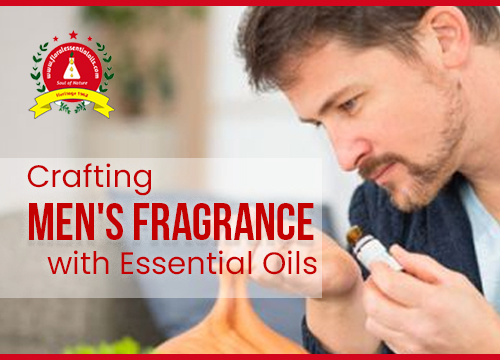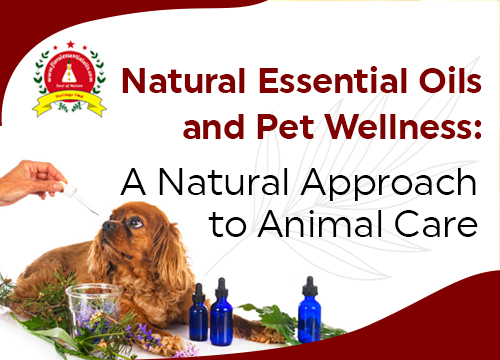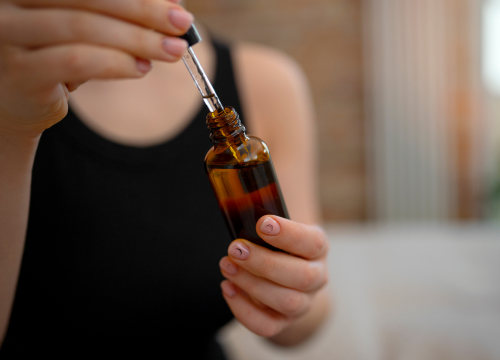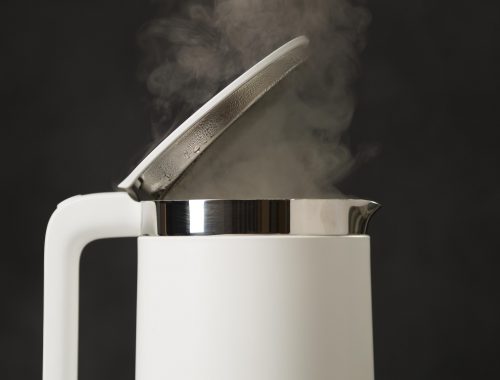For centuries, black pepper has been a staple spice, adding a fiery kick to our culinary creations. But did you know this little black peppercorn holds a secret weapon for your hair health? Black pepper oil, extracted from the dried peppercorns, is gaining traction in the natural hair care world for its potential benefits. Let’s delve into the world of black pepper oil and explore how it can unlock the path to healthy, luscious locks.
A Powerhouse of Nutrients
Black pepper oil isn’t just about the heat. It’s packed with essential nutrients that can nourish your scalp and promote hair health. Here are some key players:
Antioxidants: Black pepper oil boasts a rich supply of antioxidants that fight free radical damage. These free radicals can damage hair follicles and hinder growth. By neutralizing them, antioxidants create a healthy environment for hair to thrive.
Vitamin C: This essential vitamin plays a crucial role in collagen production, which is vital for maintaining scalp health. Vitamin C also helps improve blood circulation in the scalp, promoting better nutrient delivery to hair follicles.
Essential Fatty Acids: Black pepper oil contains beneficial fatty acids that help seal moisture in the hair shaft, preventing dryness and breakage.

Benefits for Beautiful Hair
These nutrients translate into a range of potential benefits for your hair:
Stimulates Hair Growth: The stimulating properties of black pepper oil are believed to increase blood circulation in the scalp. This improved blood flow can deliver essential nutrients to the hair follicles, potentially promoting hair growth.
Combats Hair Loss: Black pepper oil’s antibacterial and antifungal properties may help combat scalp conditions that can contribute to hair loss. Additionally, its potential to stimulate hair growth can indirectly reduce hair thinning.
Reduces Dandruff: Dandruff is often caused by a buildup of dead skin cells on the scalp. Black pepper oil’s exfoliating properties may help remove these dead cells, reducing dandruff flakes and promoting a healthy scalp environment.
Conditions Hair: The essential fatty acids in black pepper oil can act as a natural conditioner, locking in moisture and preventing dryness. This can result in hair that is softer, shinier, and easier to manage.
Prevents Premature Greying: Free radical damage is thought to contribute to premature greying. The antioxidants in black pepper oil may help fight these free radicals, potentially delaying the greying process.
Using Black Pepper Oil for Hair Care
While black pepper oil offers a range of potential benefits, it’s crucial to use it correctly. Here’s what you need to know:
Dilution is Key: Black pepper oil is highly concentrated and can irritate the scalp if used undiluted. Always dilute it with a carrier oil like coconut oil, jojoba oil, or almond oil before applying it to your scalp or hair. A good starting ratio is 2-3 drops of black pepper oil to 1 tablespoon of carrier oil.
Scalp Massage: For a stimulating and potentially hair growth-promoting treatment, massage the diluted black pepper oil into your scalp. Focus on areas where you might experience hair thinning. Leave it on for 15-20 minutes before washing your hair with a gentle shampoo.
Hair Mask: For deep conditioning and dandruff control, you can incorporate black pepper oil into a hair mask. Mix the diluted oil with ingredients like yogurt, honey, or banana, depending on your hair needs.Apply the mask to your hair, paying particular attention to the ends, and let it sit for 30 minutes before rinsing it off completely.
A Patch Test is Essential
Before using any new product on your hair, it’s important to conduct a patch test. Apply a small amount of the diluted black pepper oil to the inner side of your elbow and wait for 24 hours. If you experience any redness, itching, or burning sensation, discontinue use and consult a dermatologist.
Safety Precautions
Avoid Contact with Eyes: Black pepper oil can irritate the eyes. Be very careful when applying it to your scalp and avoid direct contact with your eyes.
Not for Sensitive Scalps: If you have a sensitive scalp, black pepper oil might be too harsh. Opt for gentler alternatives like rosemary oil or lavender oil.
Pregnancy and Breastfeeding: There isn’t enough research on the safety of black pepper oil during pregnancy and breastfeeding. It’s best to consult your doctor before using it.
Conclusion
Black pepper oil offers a natural approach to promoting healthy hair. Its potential benefits range from stimulating growth to combating dandruff. However, it’s crucial to use it safely by diluting it properly and conducting a patch test. If you’re looking for a natural hair care boost, black pepper oil might be worth exploring, but remember to prioritize safety and consult with a healthcare professional if needed. Additionally, considering a reputable essential oil manufacturer in India, such as Floral Essential Oils, can ensure you receive high-quality products. Explore now!












